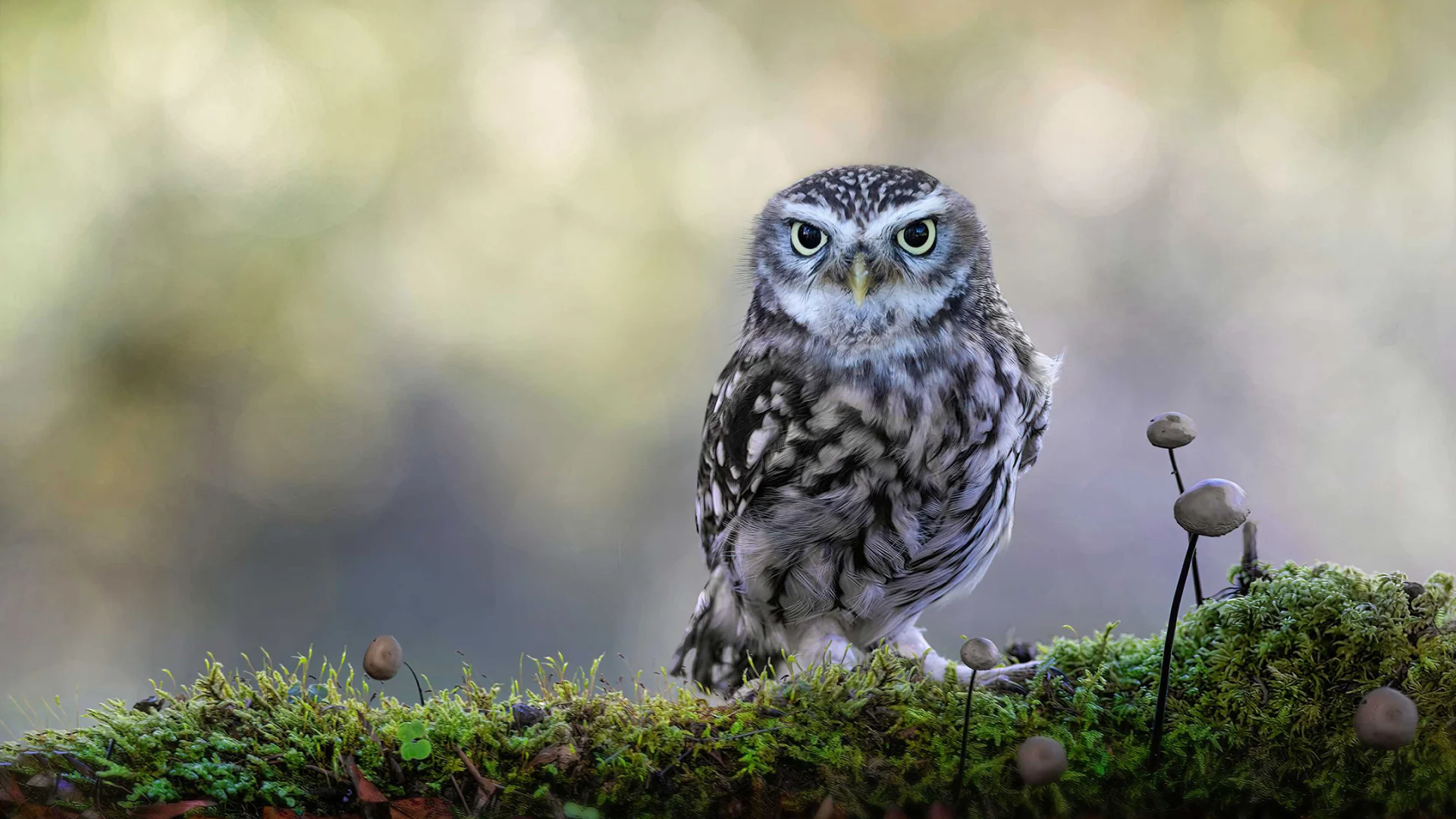
Biodiversity
Winners and losers in the animal kingdom
A third of all animal and plant species in Switzerland are endangered. Three examples of animals whose habitats are disappearing, according to the WWF. But also three unexpected success stories.
navigation

Protection des insectes
Without insects, we wouldn't have many fruits or other foods, so it's hardly surprising that we are concerned about biodiversity and protecting bees.
More than 80% of all plants - whether trees, flowers or crop plants - rely on pollination by insects, which makes these tireless crawling and flying creatures essential to us humans. Without insects, we wouldn't have many fruits or other foods, and farmers would have to pollinate many plants themselves, because bees and other pollinating insects give us a wide variety of foods. Without bees, we also wouldn't have flowering meadows or honey.
Bee-keeper Albert Stirnimann from Lucerne shares exciting details of his everyday life with several thousand bees.
Some of our Migros cooperatives operate their own beehives with local colonies on the flat roofs of their stores. Migros staff often harvest the honey themselves. What's more, we are doing away with substances that are potentially harmful to bees, and turning our sites into natural green areas.
Bees need protecting. Bee-keepers play a major role in this. However, although bee-keeping is merely a hobby for many people, it takes expertise to look after bees. For this reason, the Migros Pioneer Fund is setting up a training course for would-be bee-keepers, culminating in a federal certificate of aptitude.
Even so, bee-keepers aren't the only ones who can benefit from extensive expertise on bee health. The website of the Migros Pioneer Fund contains practical tips for anyone who would like to do something to support the habitats of honey bees and wild bees. Whether you're a hobby gardener or a bee-keeper, a farmer or a forester, whether you work for a construction company or at a parks department, we have important tips for experts and laypeople alike here on how to create a bee-friendly environment.
Caring for insects is not just about animal welfare. The global economic benefits of pollination are worth approximately one billion US dollars; the equivalent of 1% of global economic power. Pollination by honey bees and wild bees provides direct economic value of CHF 205-479 million a year for Switzerland alone.
Discover exciting stories about all aspects of Migros, our commitment and the people behind it. We also provide practical advice for everyday life.